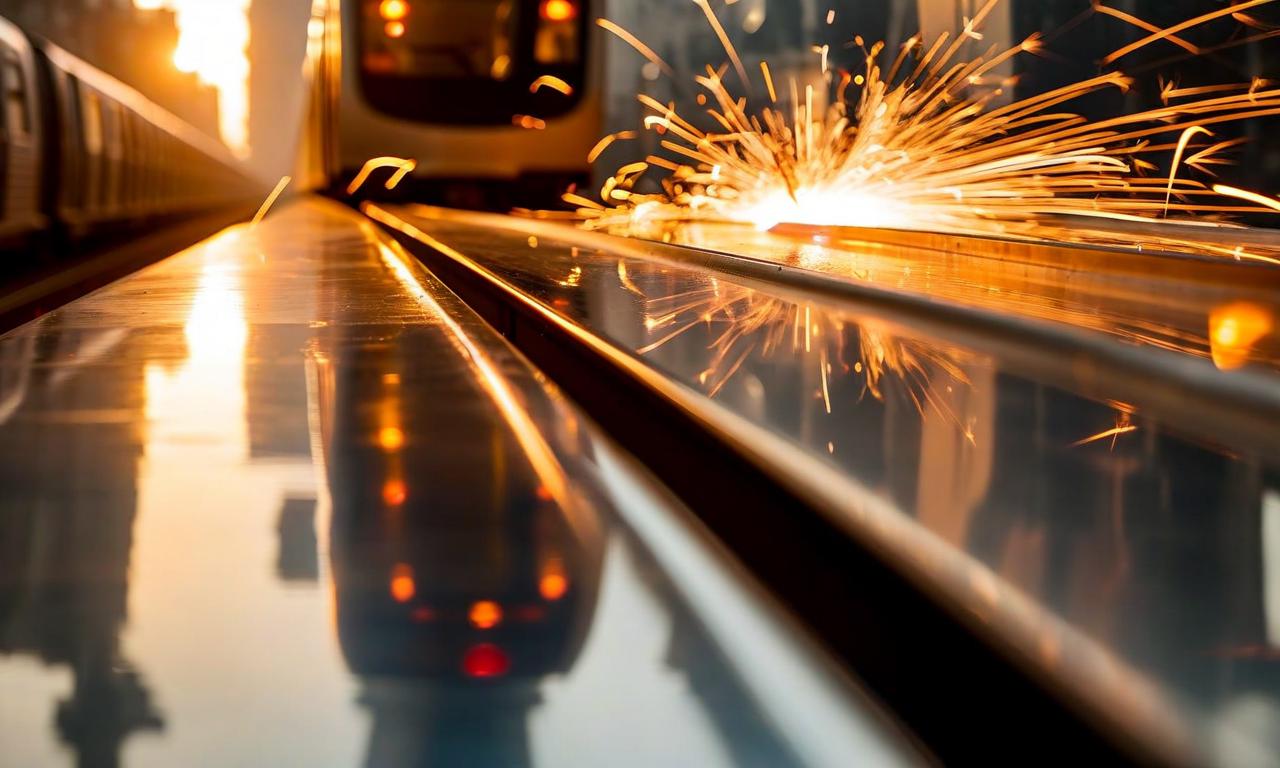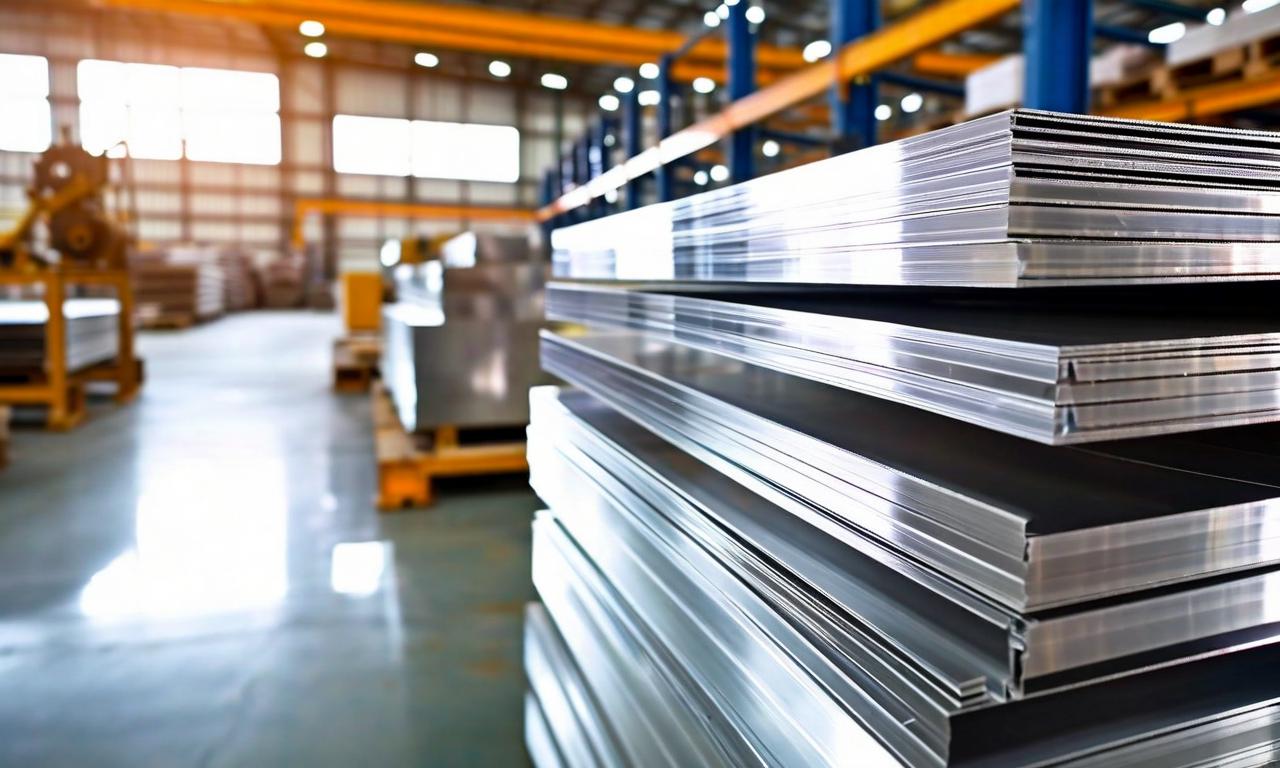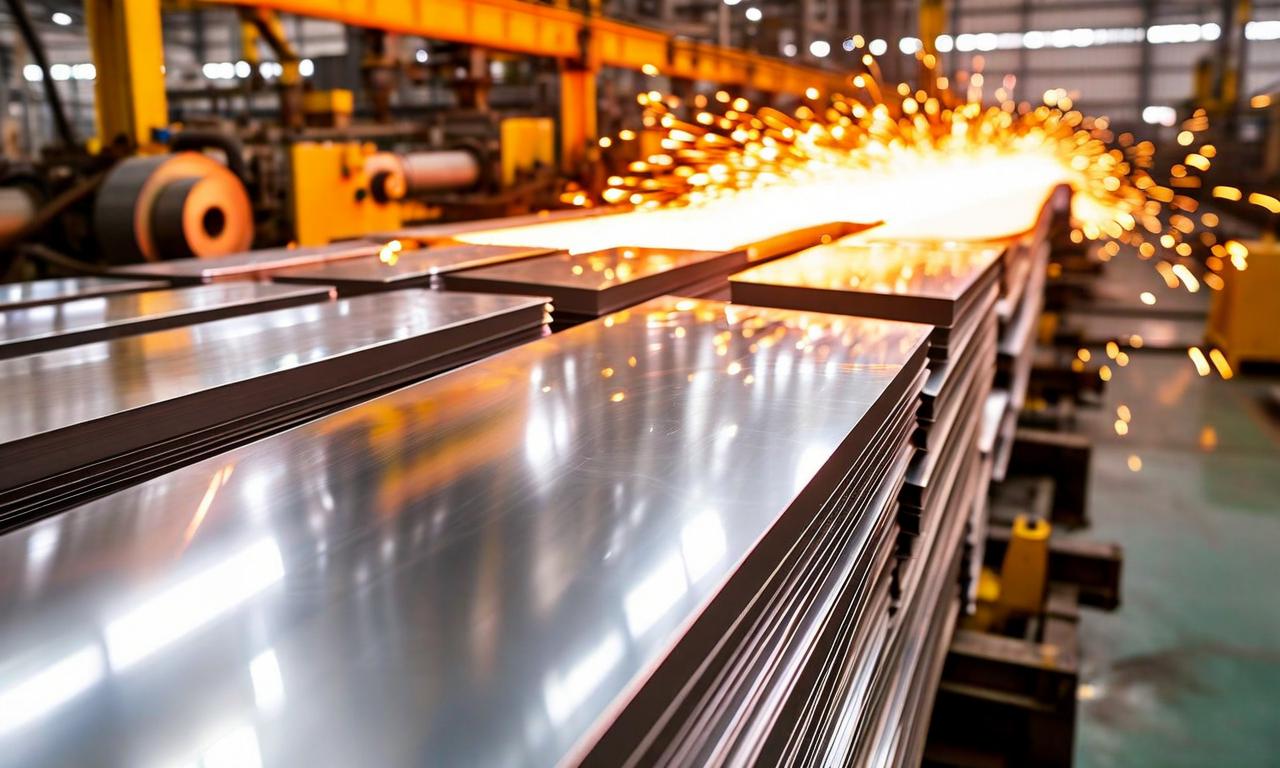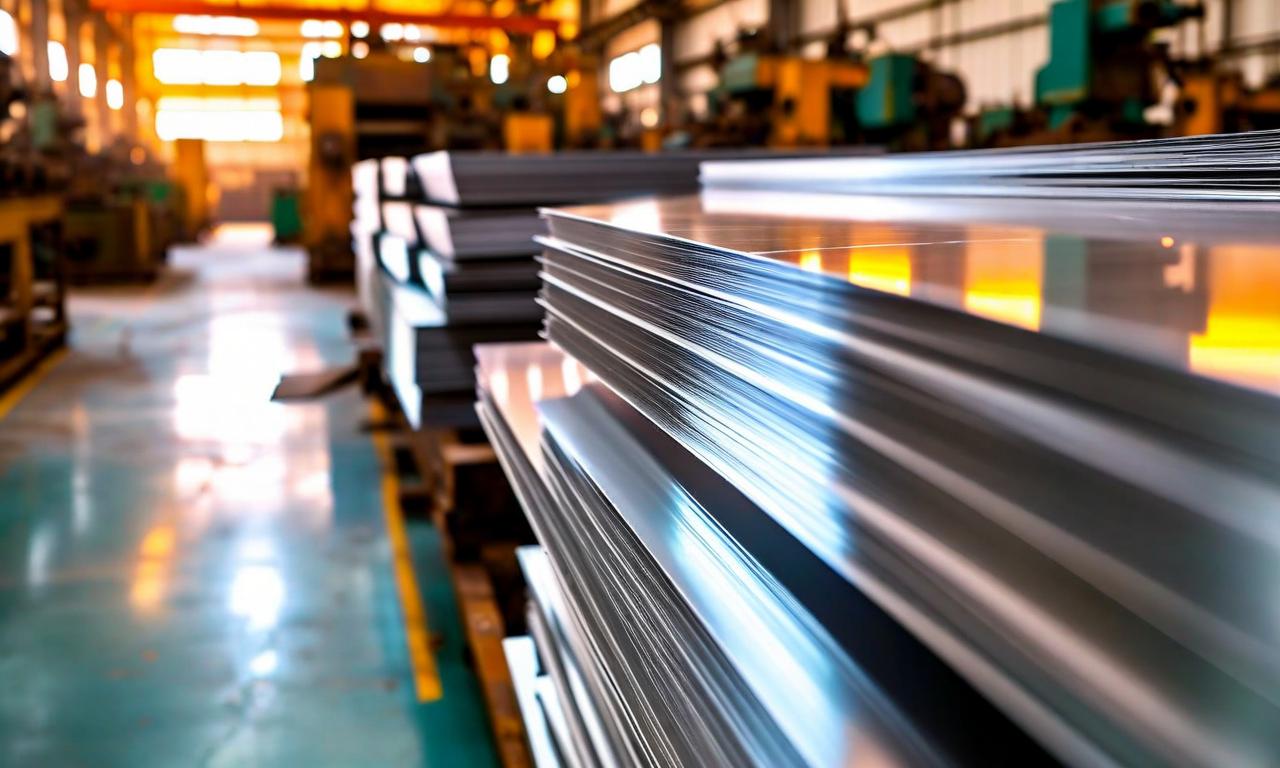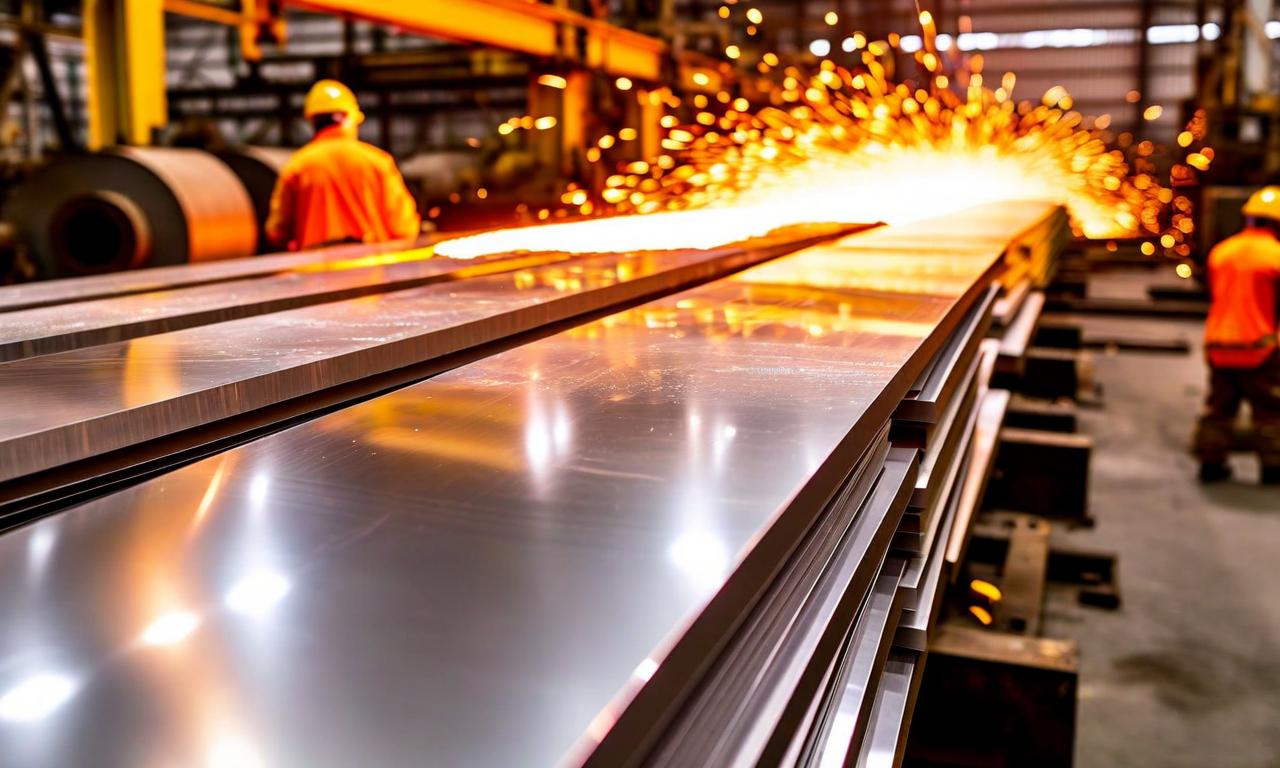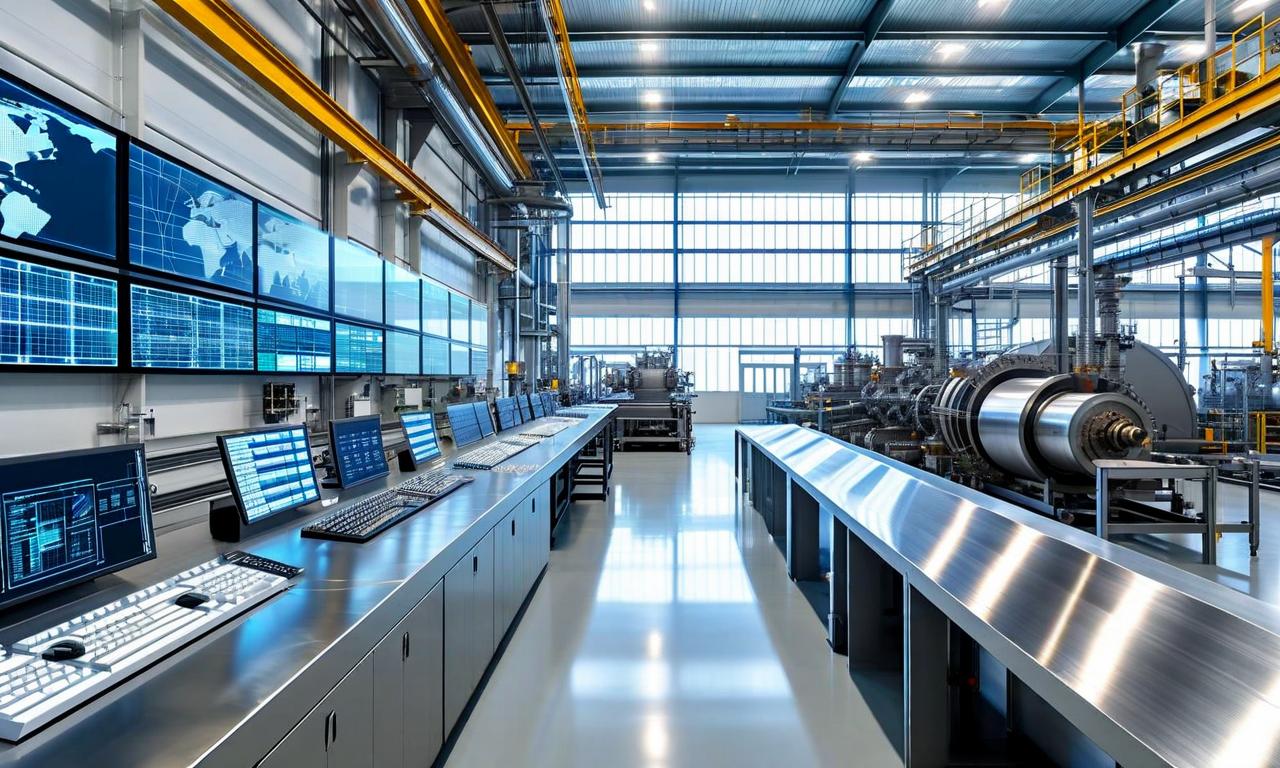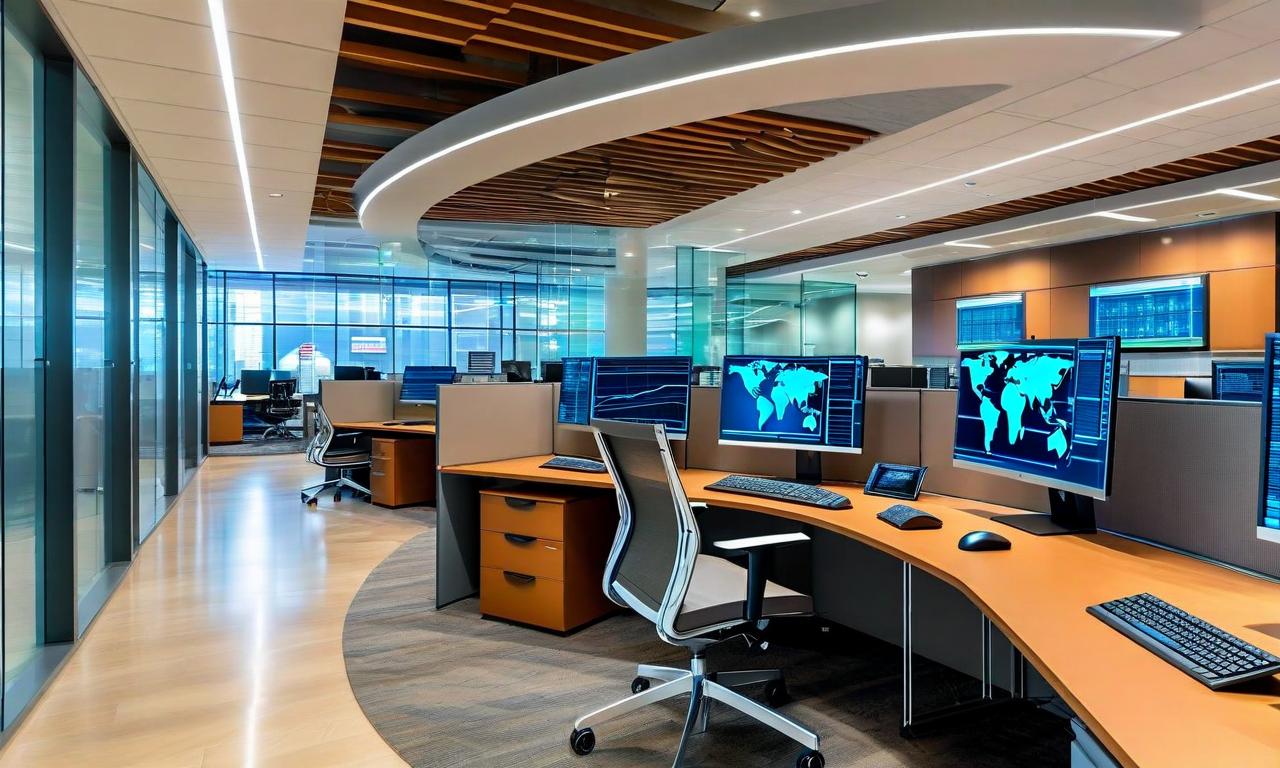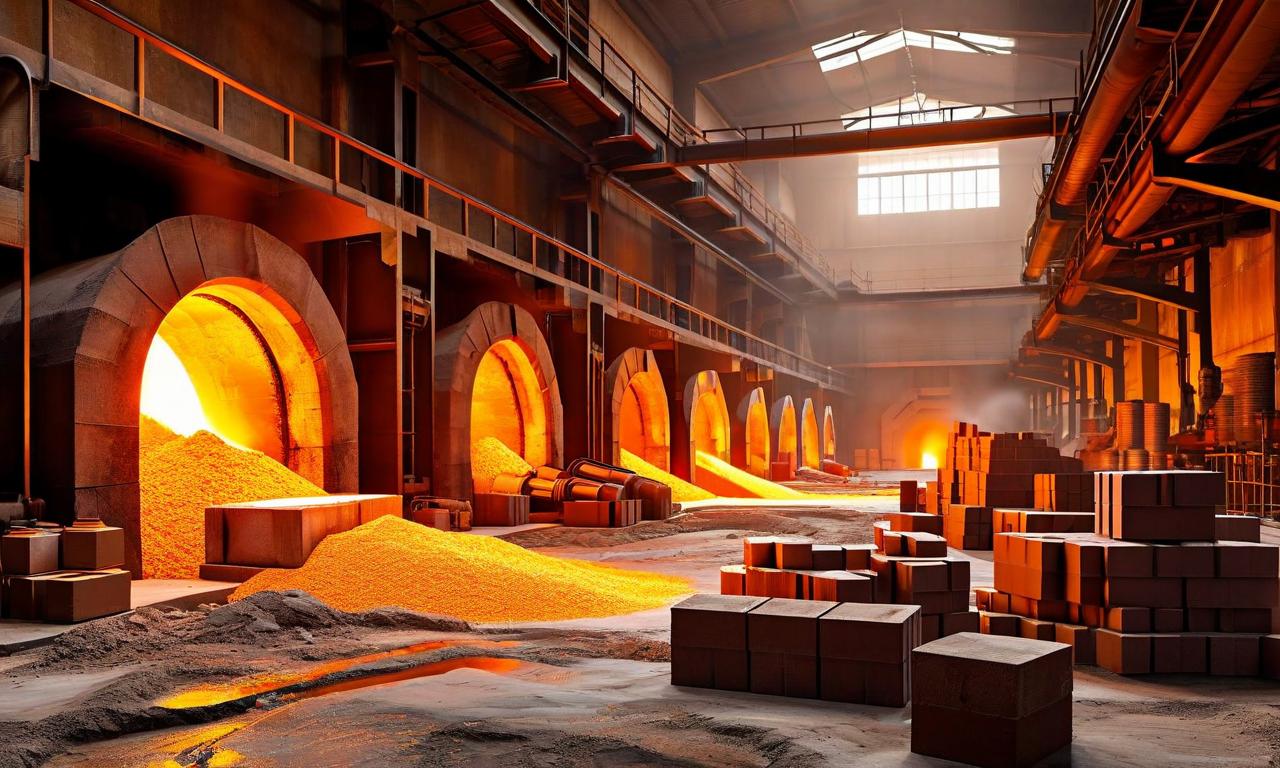Jindal Stainless Invests ₹125 Crore in New Mumbai Fabrication Unit
Jindal Stainless has opened its first stainless steel fabrication unit in Mumbai with an investment of ₹125 crore. The facility is expected to reach an annual capacity of 18,000 tonnes by FY26-27 and create over 250 new jobs. This strategic move expands the company's production capabilities and strengthens its presence in Western India.
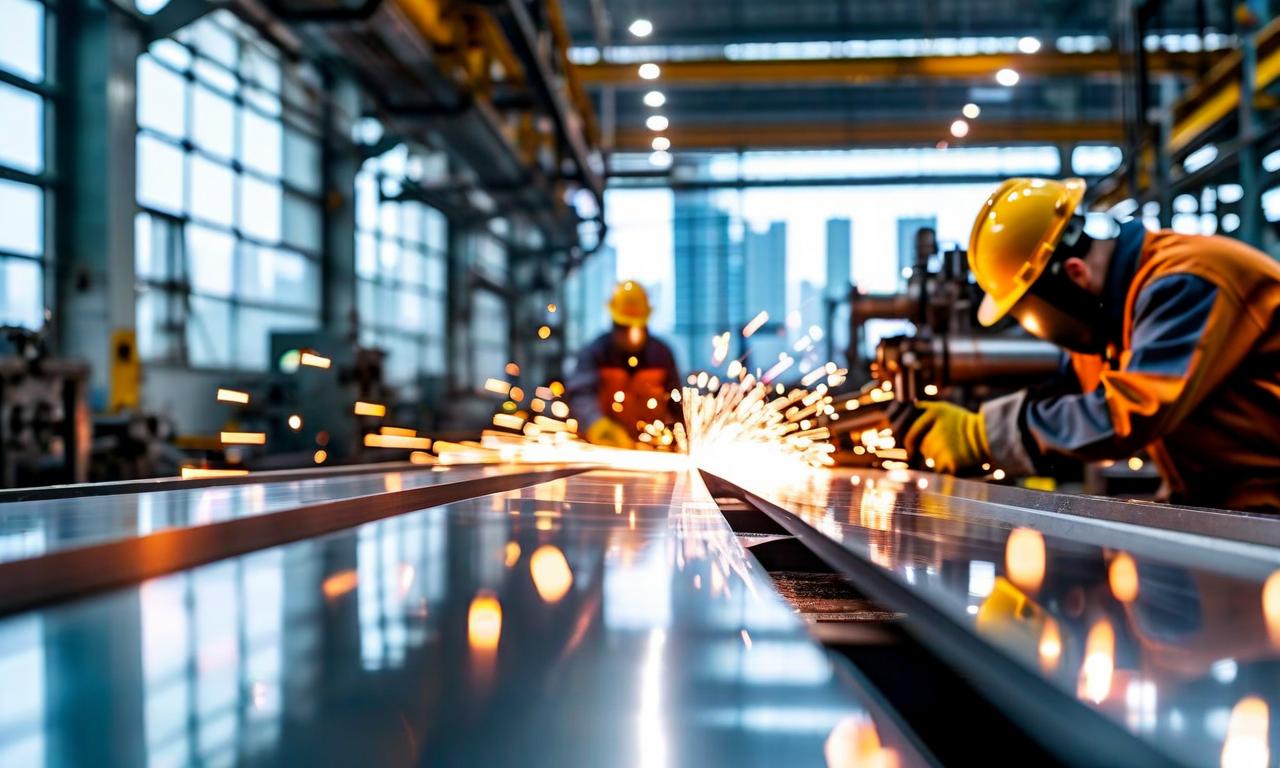
*this image is generated using AI for illustrative purposes only.
Jindal Stainless , a leading stainless steel manufacturer, has made a significant move to expand its operations in Mumbai. The company has launched its first stainless steel fabrication unit in the city, marking a substantial investment in its production capabilities.
Investment and Capacity
The new fabrication unit represents a strategic investment for Jindal Stainless:
| Aspect | Details |
|---|---|
| Investment | ₹125.00 crore |
| Location | Mumbai |
| Type | Stainless Steel Fabrication Unit |
| Expected Annual Capacity (FY26-27) | 18,000.00 tonnes |
Economic Impact
The establishment of this new facility is expected to have a positive impact on the local economy:
| Impact Area | Details |
|---|---|
| Job Creation | Over 250 new jobs |
| Infrastructure | Support for local infrastructure development |
Strategic Implications
This move by Jindal Stainless could have several strategic implications:
- Expanded Production Capabilities: The new unit will significantly increase the company's stainless steel fabrication capacity.
- Market Presence: Establishing a fabrication unit in Mumbai, a major economic hub, could strengthen Jindal Stainless' market presence in Western India.
- Supply Chain Efficiency: The new unit may help in optimizing the company's supply chain, potentially reducing transportation costs and delivery times for customers in the region.
The launch of this fabrication unit demonstrates Jindal Stainless' commitment to growth and its confidence in the demand for stainless steel products in India. As the facility ramps up to its full capacity, it will be interesting to observe its impact on the company's overall production and market share in the stainless steel sector.
Historical Stock Returns for Jindal Stainless
| 1 Day | 5 Days | 1 Month | 6 Months | 1 Year | 5 Years |
|---|---|---|---|---|---|
| +1.85% | -4.29% | -1.68% | +2.95% | +29.38% | +919.83% |

